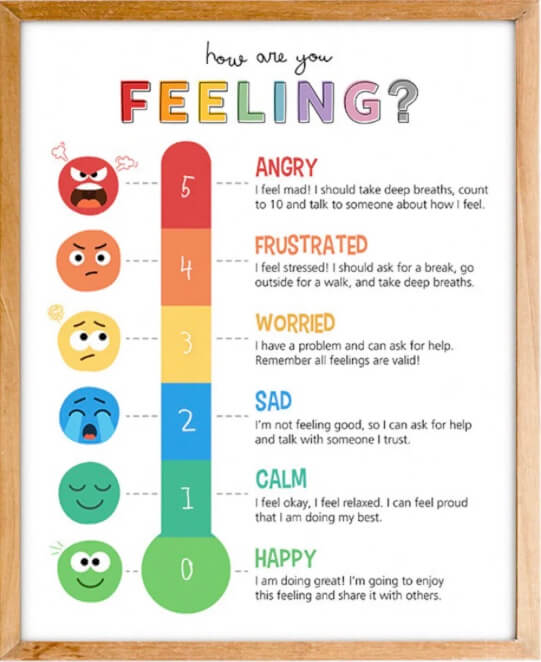Our emotions play an important role in our motivation. Emotions create and sustain motivation. There are four reasons that can cause us to lose motivation:
No autonomy or freedom
Freedom to make decisions ourselves makes us feel better, which will help us work harder. To increase autonomy:
1. Define outcome rather than process; ask the team how to get to the end result.
2. Focus on small wins but also keep the bigger picture in sight by connecting small goals to the larger picture.
3. Ask open-ended questions to give freedom to others and use ‘we’ to signal inclusivity and teamwork.

Finding no meaning in work
Knowing how our work is impacting others increases motivation. Reframing how we see our work can change how meaningful we find it. It is called job crafting; e.g., baristas see their job as someone who brightens people’s day and helps them have a good start. They can add a lot of motivation to their work and strive to be 100% at their job.
Not considering work as a place to learn
Learning and growth are great motivators, and when we feel unmotivated, it’s quite possible that we have given up on learning. The best way to learn is by doing. Having a growth mindset helps us learn from mistakes and keeps us motivated at work. People with a fixed mindset, who think they can’t change because they are who they are, get discouraged by mistakes. If we start viewing challenges at work as opportunities, it keeps us motivated.
Not enjoying working with our co-workers
Having some work friends makes work tolerable, even if we do not like the job we are doing. Getting a chance to spend time with work friends gives me motivation at work.












1 thought on “Emotions at Work and Motivation”
Comments are closed.